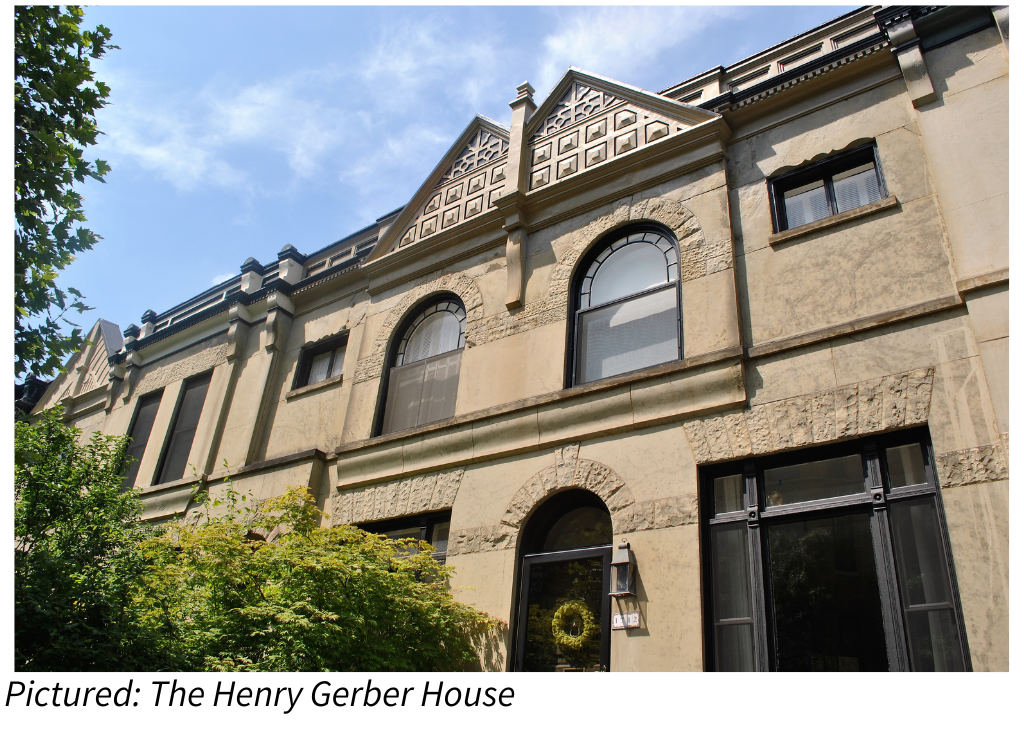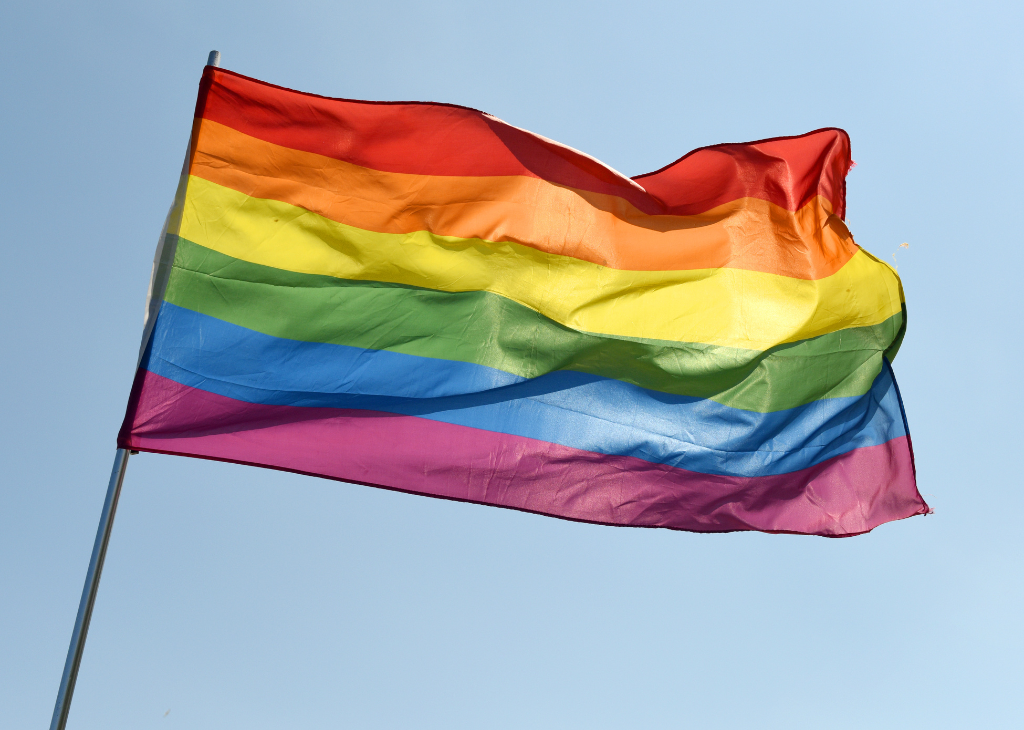IPR is featuring some of the many LGBTQ+ pioneers and modern-day heroes to celebrate Pride month.
Born in New York City in 1951, Sylvia Rivera was a transgender woman who advocated for the rights of the transgender community, especially people of color.
Rivera faced a lot of hardship growing up. In sixth grade, she was attacked by another student for expressing her gender identity. Soon after, she ran away and became a victim of sexual exploitation. When Rivera was 12, she met Marsha P. Johnson, another pioneer activist for transgender rights. Rivera considered Johnson a mother figure and attributed much of her success to Johnson.
Rivera was rumored to have thrown the first drink at the police which sparked the Stonewall Riots in 1969, but she said later she “threw the second.” She stayed at the Stonewall Inn for six nights while the riot lasted. She resisted arrest during the uprising and led protests in response to the raid.
The gay rights movement in the 1960s-70s, did not allow room for other gender identities, so Rivera often clashed with other gay rights advocates. In response to the discrimination, she and Johnson started the Street Transvestite Action Revolutionaries (STAR) in 1971.
After several decades of advocacy, and taking breaks to work on her mental health, she established Transy House in 1997, which had a similar purpose to STAR. At this time that the gay community was more accepting of transgender people, and Rivera was given a place of honor in the Stonewall Riots 25th anniversary march.
Rivera died in 2002, but her impact can still be felt today. The Sylvia Rivera Law Project currently “works to guarantee that all people are free to self-determine gender identity and expression” without facing discrimination.
References
Women’s History Month Heroes: Sylvia Rivera — GLSEN
Sylvia Rivera — National Women’s History Museum



